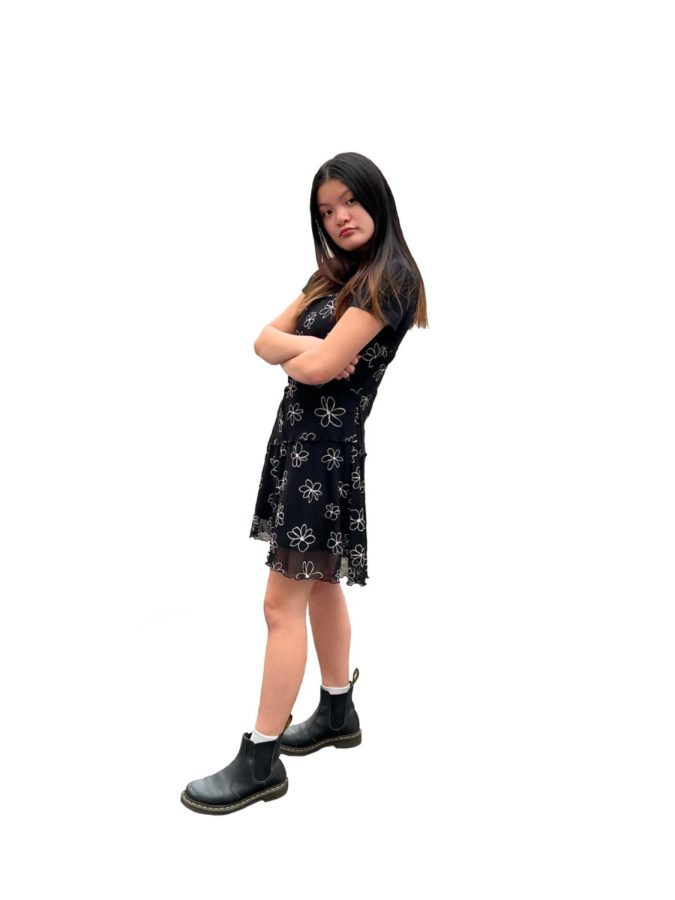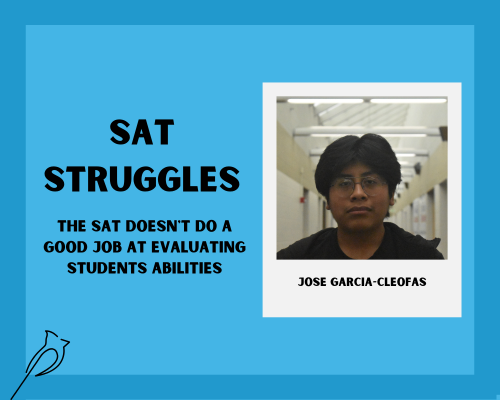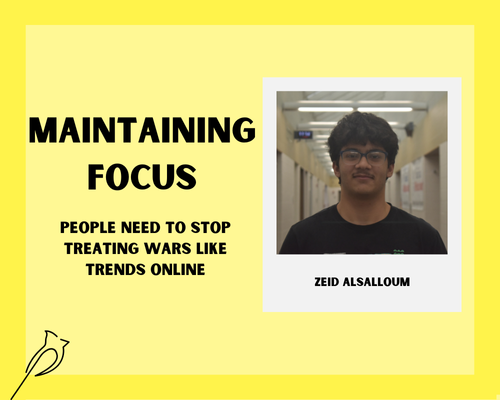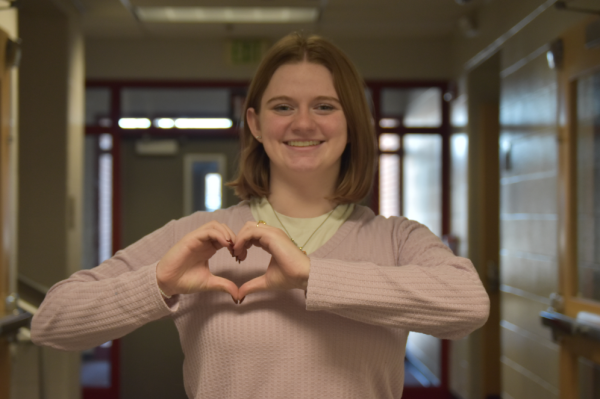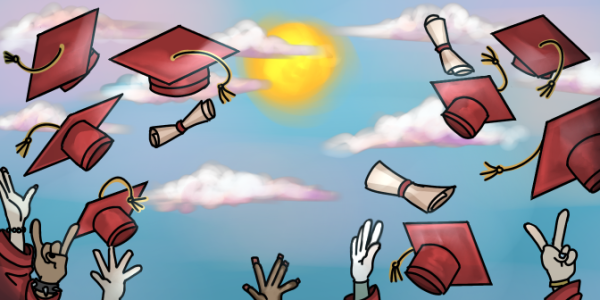Sophiology
Minorities shouldn’t be held to stereotypical standards in society
Looking back on my old columns, I talk a lot about understanding my own emotions and how I struggle to express them. As much as I credit this dilemma to my unhealthy patterns and ways of thinking, I’ve come across another variable that overpowers both: the role I’ve been conditioned to play.
I’ve had to play the role of the stereotypical Asian friend.
Growing up in a predominately white elementary school, I struggled a lot with my identity. I was seen as different. Being adopted didn’t help either. By 5th grade, I started making some friends. My mom has always told me that I was funny. As soon as I saw the way I made my peers around me laugh, it validated that statement even more.
I was fine with this. I learned how much I value and love laughter, especially with my closest friends by my side.
This, what I would refer to as my “charming social skill,” followed me to middle school. Soon, I found myself hanging out with the white girls. The ones that I would avoid and envied in elementary school.
But something was off. It wasn’t how I pictured it would be. The laughing soon turned into something really sad. They weren’t laughing with me, they were laughing at me. Soon, they began mocking my eyes, my culture and my overall existence.
I was expected to laugh it off, but looking back now, it was blatantly racist. After years of being referred to as “the Asian” and “ching chong,” I began projecting this racism onto myself and my identity.
I knew it was wrong, but I couldn’t have feelings. Whenever I tried to express the way people were treating me was hurtful, I’d get ignored. I could only be the “funny, Asian friend,” right?
There I was, changing my whole personality to conform with these racist stereotypes people have labeled me with. I would pull my own eyes back and make ignorant jokes towards Asian culture before anyone else could. It was truly shameful.
I continued to make people laugh at my own expense. I guess no one batted an eye at this because it’s common to see this in the media too.
In popular shows such as “Family Guy” and “Glee,” people of color are presented as emotionless, comical characters. In “Family Guy,” the main characters are white and the people of color that show up in episodes are stereotyped. The black man gets accused of a crime, the Asian man is asked to do Kung fu and so on. In “Glee” there is a good amount of diversity, but people of color are misrepresented. They don’t have as many lines as the white characters and when they do, again, they’re stereotypical. One of the main characters, Santana Lopez, is Latina. She is oversexualized in most of the show, which is unfortunately common for Latina roles.
This kind of role-placing is put on the backs of people of color.
This has become a burden that has weighed on me throughout my whole life. It’s important that we, as a society, don’t continue to box people in based on stereotypes and racial prejudice. People aren’t their race. People are humans who deserve an equal amount of respect and understanding. We’re not meant to play a role.
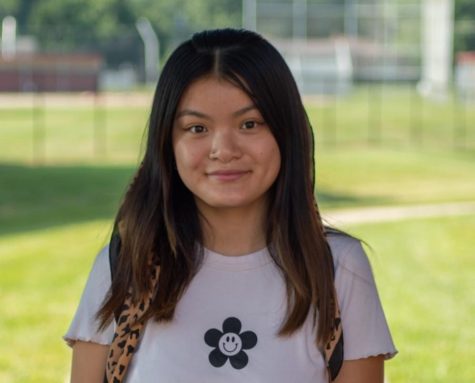
Hello! Wow, I can’t believe this is my third time writing my staff bio. From an awkward freshman with a cat backpack to a vibrant senior, time has flown...


